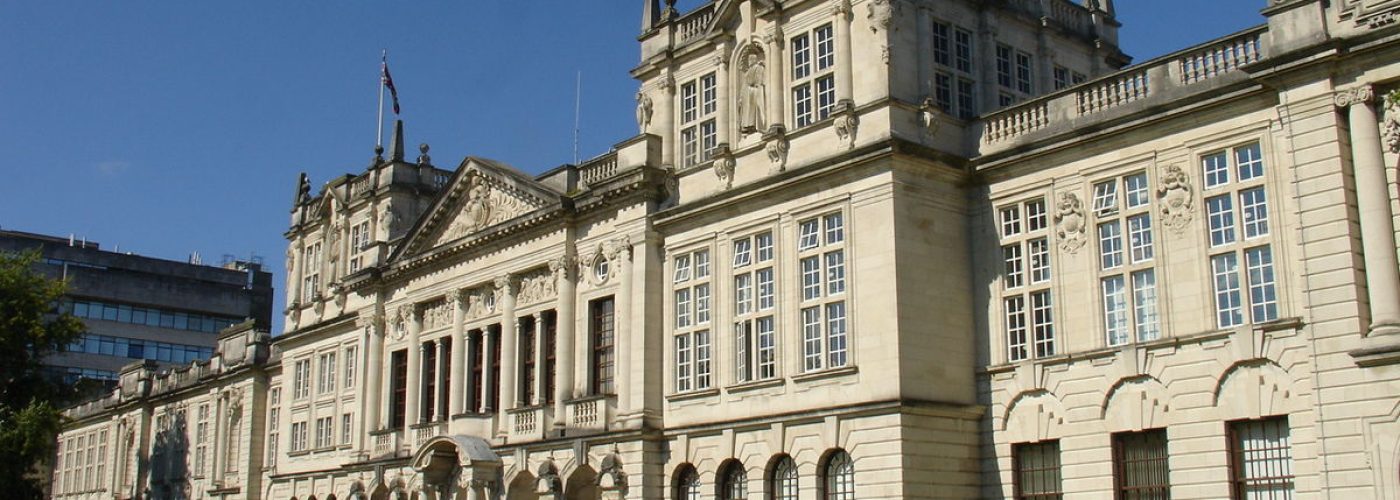A team of engineers from Cardiff University are looking into microscopic bacteria that could help create ‘self-healing’ buildings, offering the perfect protection against cracks and other deterioration.
The two-year study has been exploring how damage could trigger the release of bacteria and a few other helping chemicals that will allow buildings to repair themselves freely. When mixed with precursor chemicals, these microorganisms can produce mineral deposits such as calcium carbonate, which is a key component in rocks and other masonry materials.
The study’s principal investigator, Dr Mike Harbottle, said bacteria could be “entombed” within spores of the mineral, alongside the precursor chemical. “When damage occurs to the masonry, the deposits within the mineral are also damaged, exposing both the bacteria and the chemicals, which react with each other again to produce even more mineral, thus healing the damage.”
Buildings are constantly damaged by weathering. “These could be physical, chemical or biological changes which can all slowly attack the masonry structure,” said research fellow Magdalini Theodoridou. “Over time, usually many years, this damage builds up until fractures arise. Whilst these may not compromise the integrity of a structure immediately, if allowed to develop then damage may become critical.”
During the study, the team will be developing ways of introducing the substances into the masonry either during the material production or after the buildings have gone up. A possible solution is thought to be the spraying of the building with a liquid containing the bacteria and other chemicals.
The research is funded by the European Union’s Horizon 2020 research and innovation programme under the Marie Sklodowska-Curie Individual Fellowship scheme.





